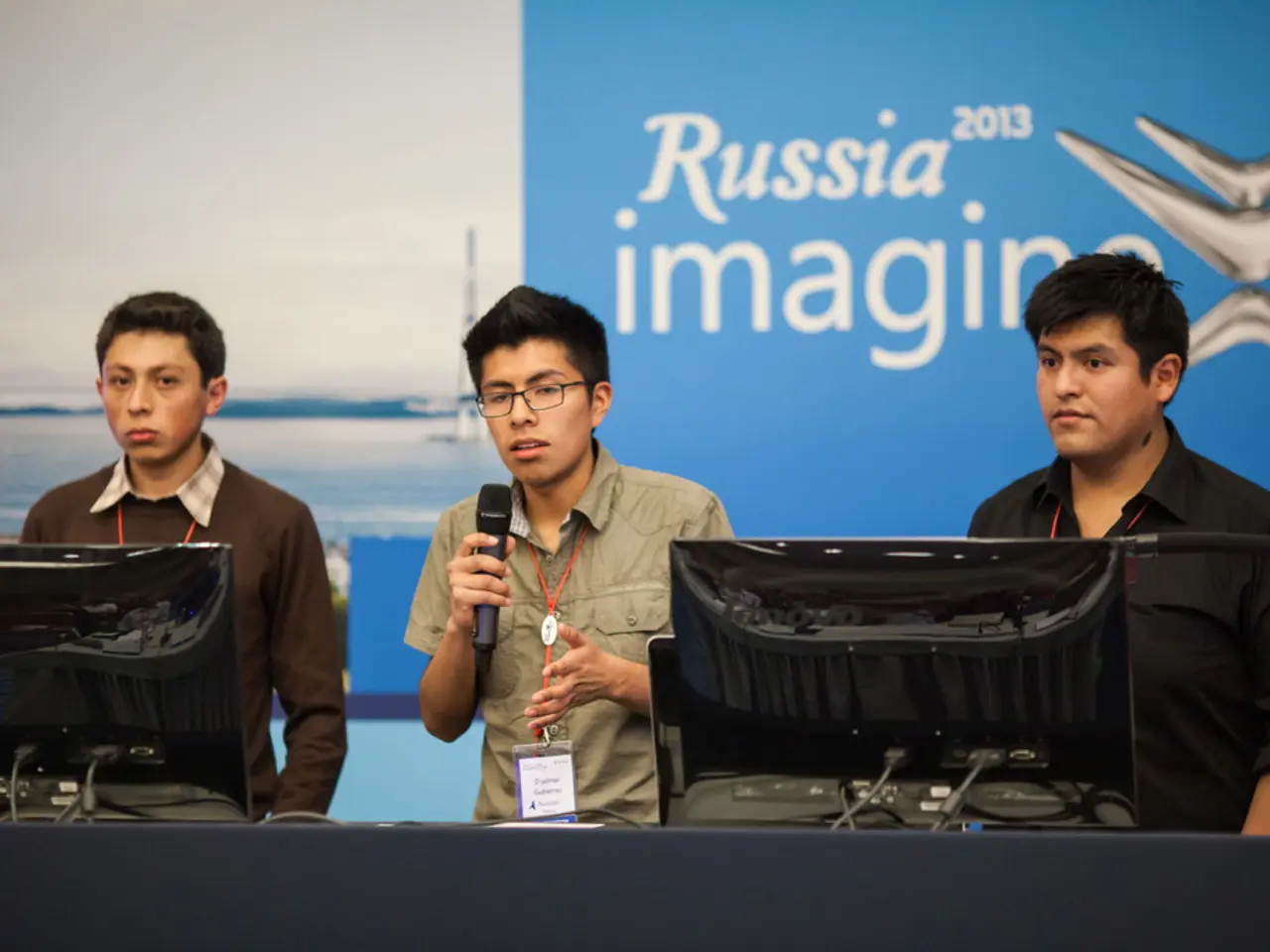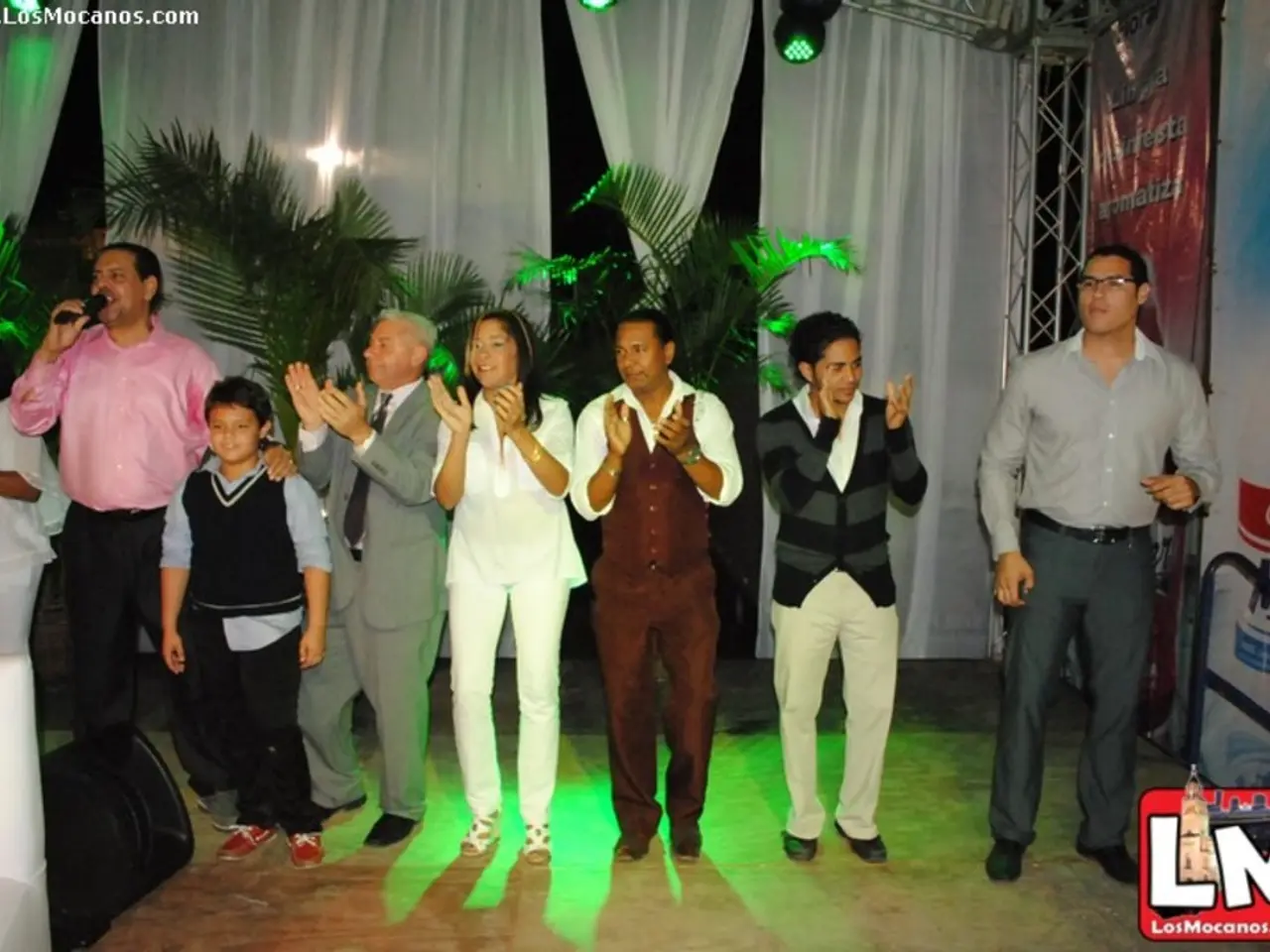G20 Leaders Urged by Brazilian Indigenous Group for Forceful Climate Action
Indigenous communities in Brazil have been vocal about their key demands regarding climate policy and their role in global decision-making, particularly during the run-up to the G20 Summit in 2024 and the upcoming COP30 session of the UN Framework Convention on Climate Change in 2025.
1. **Equal Representation and Leadership in Global Climate Negotiations:**
Indigenous groups, including the Coordination of Indigenous Organisations of the Brazilian Amazon (COIAB) and the Articulation of Indigenous Peoples of Brazil (APIB), have called for co-presidency of COP30 and the equal participation of Indigenous leaders alongside heads of state in climate negotiations. This demand underscores their call for recognition as legitimate and equal stakeholders in international climate policymaking.
2. **Recognition of Indigenous Knowledge and Governance:**
Indigenous Peoples in Brazil emphasize the value of their traditional ecological knowledge and their role in conserving biodiversity, halting deforestation, and providing sustainable climate solutions. The Brazilian Ministry of Indigenous Peoples (MPI), in partnership with Indigenous organizations and NGOs like Forest Trends and Greendata, launched the Strengthening Indigenous Territories project to support Indigenous autonomy in managing their lands, reflecting Indigenous demands to govern their territories in ways aligned with their cultural and environmental contexts.
3. **Autonomy Over Territories and Free, Prior, and Informed Consent (FPIC):**
Indigenous Peoples demand respect for their territorial rights and self-governance, including the right to reject extractive projects without their consent. This demand was demonstrated by the landmark legal victory of the Ka’apor People who succeeded in suspending a carbon offset project due to lack of Free, Prior, and Informed Consent.
4. **Creation of Dedicated Indigenous Representation Structures:**
The Brazilian government has established the International Indigenous Commission to increase Indigenous representation in COP30 debates. However, Indigenous activists stress the necessity of independent civil society participation, beyond government control, to truly represent their interests.
5. **Mobilization for Climate Justice and Amplified Voices in Local and Global Arenas:**
Indigenous and grassroots movements, such as the Free Land Camp (ATL) and youth activism in Belém’s urban outskirts, have mobilized publicly to demand climate justice, recognition, and empowerment of Indigenous and traditional communities affected most by the climate crisis. The Indigenous NDC launched by APIB highlights the essential role of Indigenous peoples in climate mitigation and adaptation.
These demands articulate a clear call for Indigenous Peoples in Brazil to be recognized as central actors and leaders in global climate policy, with autonomy over their lands and equal status in decision-making forums like COP30, backed by genuine representation and respect for their rights and knowledge systems.
- A landmark demand from Indigenous groups such as COIAB and APIB revolves around the co-presidency of COP30 and the equal participation of Indigenous leaders in climate negotiations, emphasizing their role as legitimate and equal stakeholders in international climate policymaking.
- Indigenous demands extend to the recognition of their traditional ecological knowledge and the value of their role in conserving biodiversity, halting deforestation, and providing sustainable climate solutions, an example of which is the Strengthening Indigenous Territories project by the Brazilian Ministry of Indigenous Peoples.








